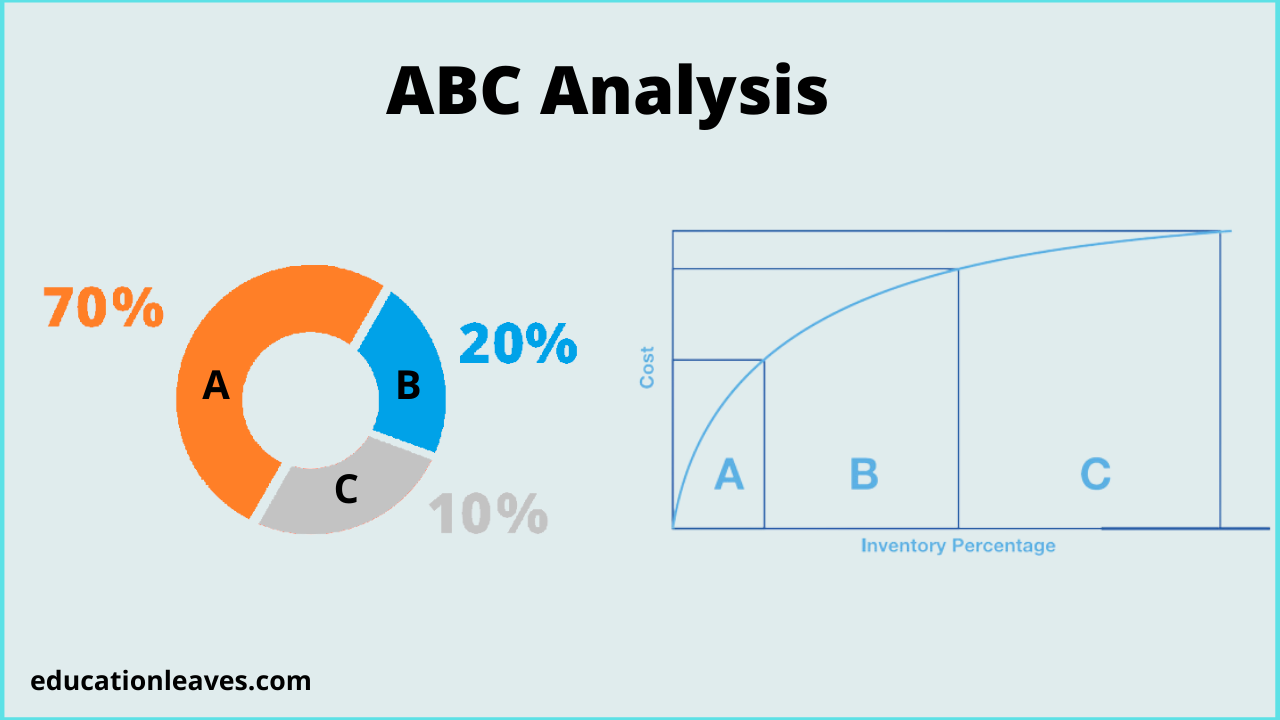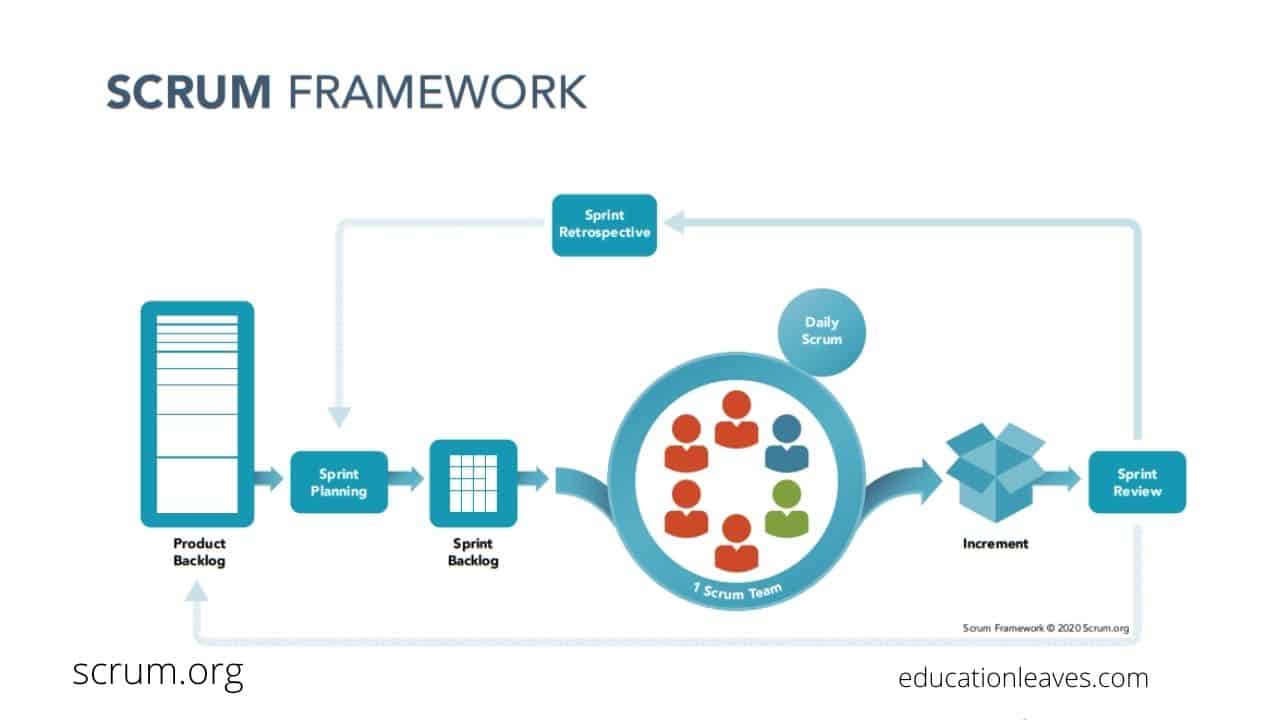Manufacturing Resource Planning (MRP II): [PDF Inside] Elements, Advantages, Disadvantages, MRP I VS MRP II
Manufacturing Resource Planning (MRP II) is a technique for the effective planning of all manufacturing resources of a company. It enables manufacturers to develop a precise production schedule for the future that minimizes expenses and maximizes the utilization of available resources.









